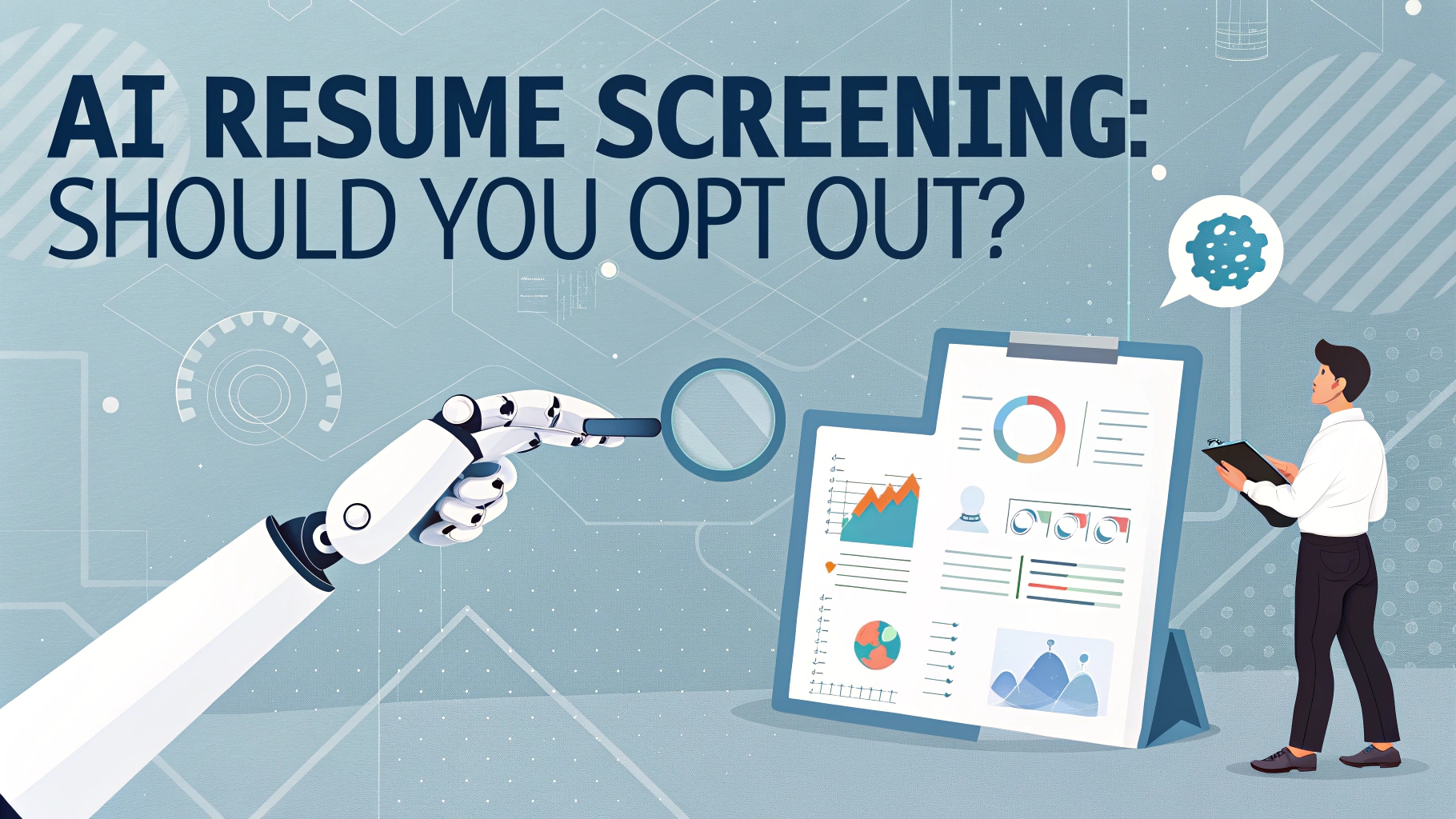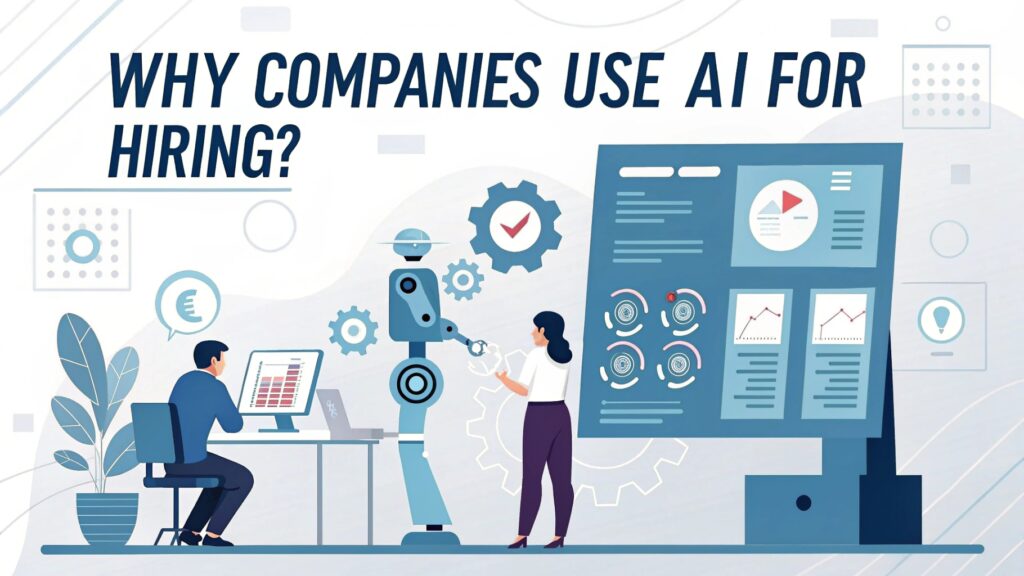
10 Best Nintendo Switch Games: The Ultimate Guide for 2025
- Gaming Updates

As you polish your resume and apply for your next role, you may encounter a new question: “I wish to opt out from having my resume reviewed by artificial intelligence.”
With AI becoming a standard part of the hiring process for a vast majority of companies, deciding whether to consent to an AI review is a significant choice.
This brings up the critical question for modern job seekers: AI Resume Screening: Should You Opt Out? While the idea of a human-only review sounds appealing, especially for those with unconventional career paths, opting out might mean your application is delayed or even completely excluded from consideration.
This article explores the complexities of AI resume screening, weighing the potential benefits of opting out against the risks, and providing strategies to navigate this new era of recruitment.
AI resume screening is the use of artificial intelligence and machine learning to analyze and filter job applications. These systems go beyond simple keyword matching used by older Applicant Tracking Systems (ATS).
Modern AI tools can parse resume content, identify skills and experience, and rank candidates based on their alignment with the job description. By 2025, it’s projected that 83% of companies will use AI to review resumes.
These technologies are designed to make the initial stages of recruitment more efficient by handling large volumes of applications quickly.
The primary function of AI in this context is to create a shortlist of the most qualified candidates for human recruiters to review. The AI assigns a score to each resume based on its relevance to the role, but it typically doesn’t make the final hiring decision.
This automation helps companies manage the high number of applications they receive, especially with the rise of remote work.
Employers adopt AI screening tools for several key reasons, primarily centered around efficiency and consistency. The technology can significantly reduce the time and cost associated with hiring.

Here are some of the main drivers for companies using AI in recruitment:
Deciding whether to opt out of AI resume screening isn’t a simple yes-or-no question. The right choice often depends on your individual career path, the industry you’re in, and the specific role you’re targeting.
While the option to opt out provides a sense of control, it’s important to understand the potential consequences.
For some candidates, bypassing the algorithm and getting their resume directly in front of a human reviewer can be advantageous. Here are situations where opting out might be the better choice:
Opting out can be beneficial if your background requires a more nuanced interpretation that an algorithm might miss.
While opting out may seem like a way to get a fairer assessment, it comes with significant risks that could harm your job search.
Declining AI screening could lead to your application being sidelined or completely ignored, as many companies rely heavily on these automated systems.
Instead of simply opting out, a more effective strategy for most job seekers is to learn how to optimize their resume for AI screeners. This approach allows you to work with the system to increase your chances of getting noticed.
Here are key strategies to make your resume more AI-friendly:
Even with a perfectly optimized resume, the most effective way to bypass AI screening is often through networking. A direct referral from a current employee can get your resume straight to the hiring manager, skipping the initial automated filter entirely.
Reach out to recruiters and professionals at your target companies on platforms like LinkedIn to build connections.
The use of AI in hiring is only expected to grow. Statistics show that a large majority of companies are already using AI in their recruitment process and have seen significant improvements in efficiency. As the technology evolves, it will likely become more sophisticated at understanding context and reducing bias.
However, concerns about transparency and fairness remain. Some jurisdictions, like New York City, have enacted laws requiring employers to disclose their use of AI in hiring and conduct bias audits. This trend towards greater accountability may help address some of the current shortcomings of these systems.
So, when faced with the choice, what should you do? For most job seekers applying to large companies, the risks of opting out of AI resume screening often outweigh the benefits. The reality is that in today’s high-volume job market, AI is a necessary tool for many employers.
Instead of avoiding it, the smarter strategy is to adapt by optimizing your resume for these systems. Ultimately, the debate over AI Resume Screening: Should You Opt Out? highlights a broader shift in recruitment.
While AI offers efficiency, the human element remains vital for assessing a candidate’s full potential. By understanding how AI works and focusing on a dual strategy of resume optimization and genuine networking, you can navigate the modern hiring landscape and increase your chances of landing your desired role.